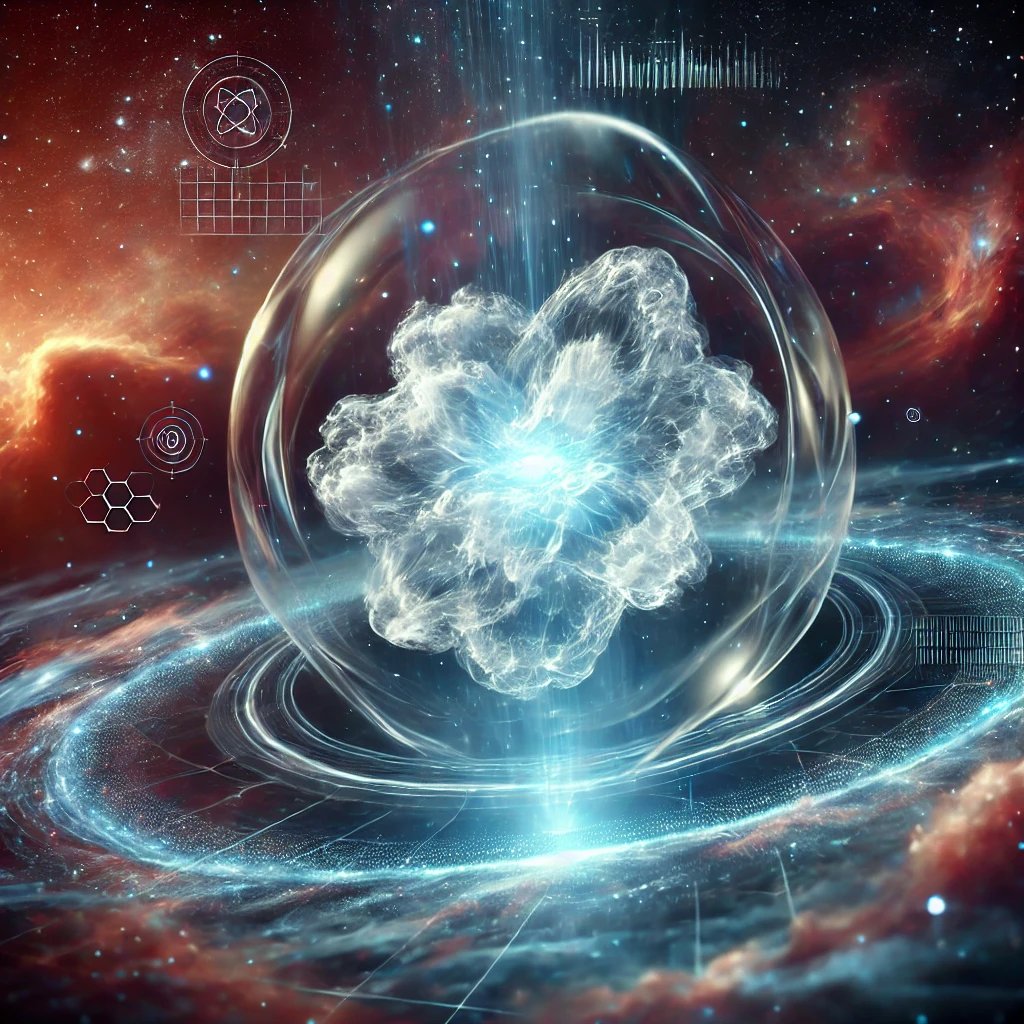A New State of Matter: How It Will Change the Way We Think
NEW DISCOVERIES
2/24/20253 min read




PIC: ChatGPT
Imagine waking up one day to discover that everything you knew about the physical world was incomplete. That solid, liquid, gas, and plasma were only part of the story. What if scientists had just confirmed the existence of a completely new state of matter—one that doesn’t behave like anything we’ve encountered before? This is not just an abstract possibility but an emerging reality. The discovery and eventual practical use of a new state of matter will revolutionize human thought, shake up industries, and force us to rethink the fundamental nature of existence.
A Shift in Human Understanding
Human history is full of radical shifts in perception. Once, people believed the Earth was the center of the universe. Then, we learned that time and space were not absolute, thanks to Einstein. Now, a new state of matter challenges yet another long-held view: that all materials must conform to traditional categories. If this new state becomes as widely accepted and understood as solids, liquids, and gases, it will fundamentally shift the way we perceive our environment.
Our entire approach to reality is based on predictability. Water turns to ice, metals melt, and gases expand. But what if a substance could exist in a strange, fluid-like quantum form that doesn’t behave according to these basic principles? This forces us to reconsider the limits of matter itself and, in turn, challenges the basic rules of physics that we take for granted.
Technology Will Never Be the Same
When humans learned to control fire, civilization advanced. When electricity was harnessed, the world changed forever. A new state of matter could have an even bigger impact. One of the most exciting possibilities is in computing. Traditional computers process information using binary bits—ones and zeros. Quantum computers, still in their infancy, use qubits, which can exist in multiple states at once. But this new state of matter could bring about an even more stable and error-resistant way to compute, making today’s supercomputers look like old typewriters.
Beyond computing, industries like medicine, energy, and engineering will likely be transformed. Imagine materials that heal themselves when damaged, leading to self-repairing buildings, roads, and even human tissues. The way we manufacture products could change, reducing waste and making production far more efficient. If we unlock this new state’s full potential, we might find solutions to some of the biggest challenges facing the planet, from climate change to resource shortages.
Who We Are:
The Economic Nations champions global unity through economic collaboration, focusing on sustainable growth, reducing inequalities, and enhancing global relationships for mutual prosperity and peace.
______________________________________
PIC:Microsoft
A New Reality: The Philosophical Implications
Beyond science and technology, a discovery of this magnitude has profound implications for philosophy and the human experience. For centuries, we have assumed that reality is made up of things we can see, touch, and measure. But what if a new state of matter suggests that reality is far more fluid and complex than we imagined?
Throughout history, major scientific discoveries have often had an unsettling effect. The heliocentric model displaced Earth from its privileged position in the cosmos. Quantum mechanics revealed that particles can exist in multiple places at once. Now, if matter itself is more varied and dynamic than we thought, it forces us to rethink our place in the universe. Are the laws of physics truly universal? Or are they just the rules we happen to understand so far?
The Road Ahead
Despite the excitement, this journey is only beginning. Scientists are still working to understand and confirm this new state of matter, and practical applications could take years or even decades to emerge. As with any great discovery, skepticism is necessary. We must be cautious before making grand claims, but if history has taught us anything, it’s that revolutionary ideas often start as whispers before they become undeniable truths.
One thing is certain: when humanity finally harnesses this new state of matter, our world will never be the same. It will be the next great leap—not just in science, but in how we think, create, and exist.
Contacts
enquiry@economicnations.org
(xx) 98-11-937-xxx (On verification)
